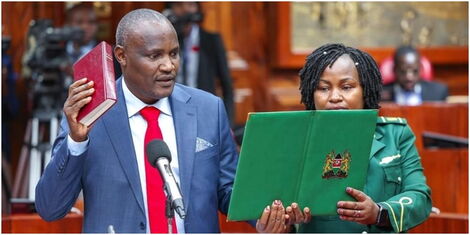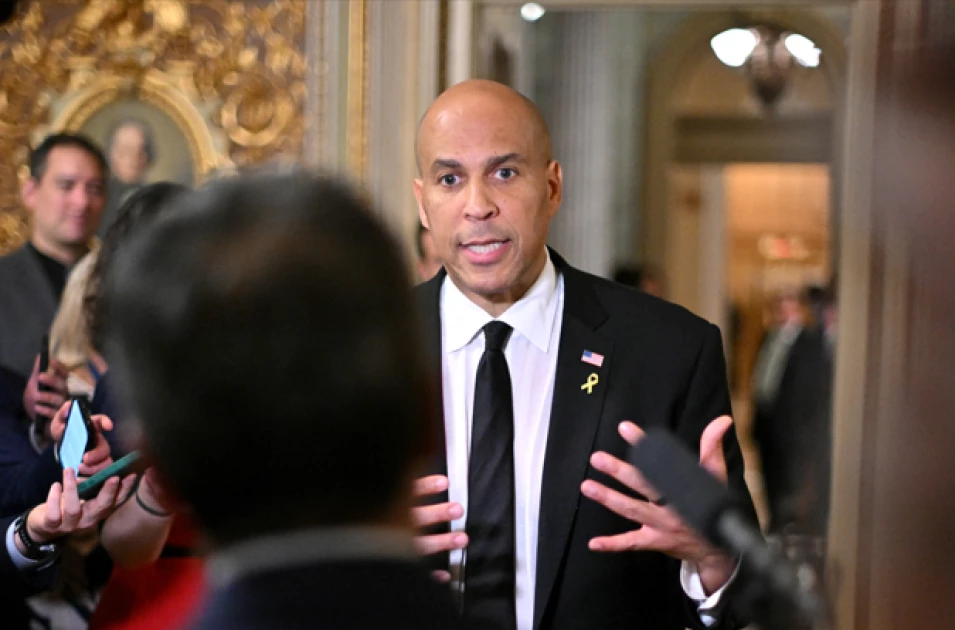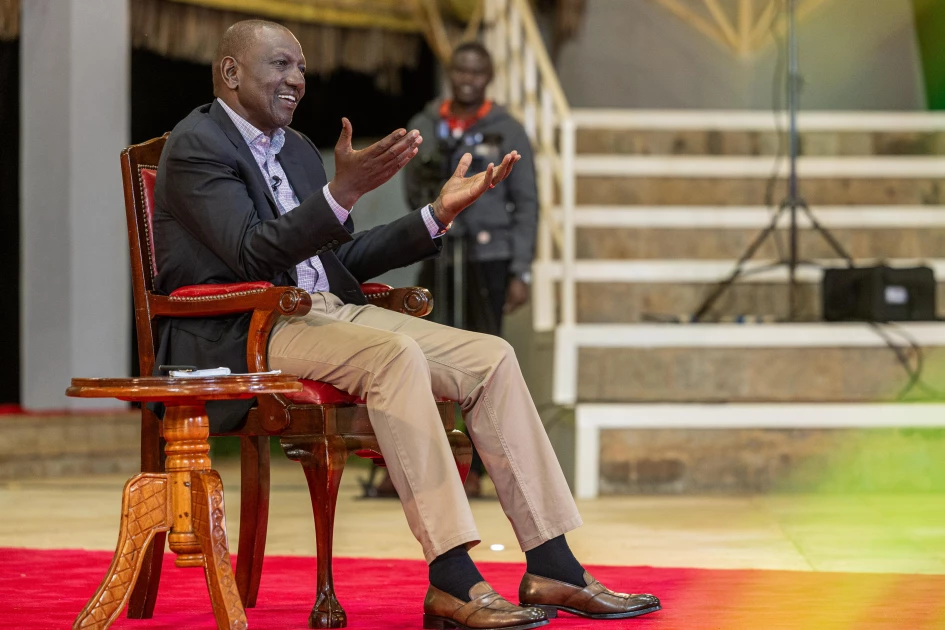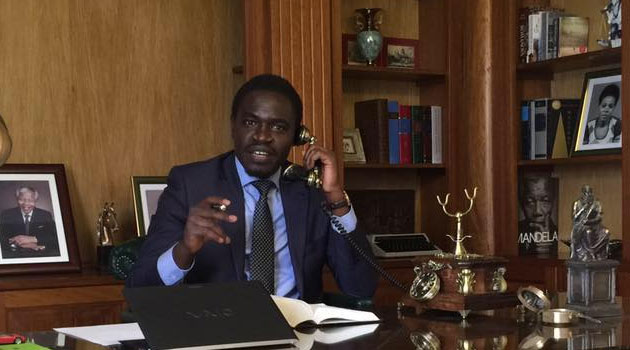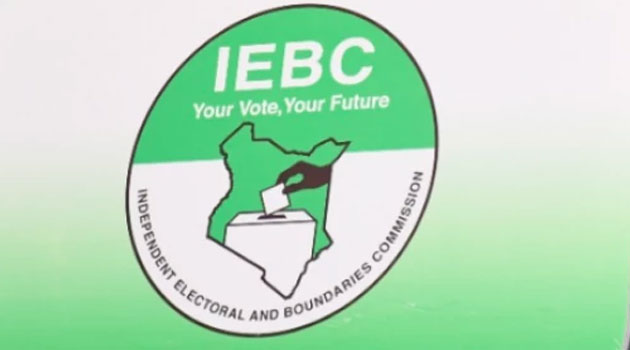Kenya’s political landscape has always been marred by broken promises, empty rhetoric, and blatant self-interest. As the country grapples with economic instability, unemployment, and widespread corruption, the hope that our politicians will rise to the occasion and solve these issues is misplaced.
The truth is stark: Kenyan politicians, irrespective of party affiliation, are primarily concerned with their own power, wealth, and influence. If Kenyans are waiting for these leaders to solve the country’s pressing issues, they are in for a rude awakening.
Take the case of John Mbadi, the former Chairman of the Orange Democratic Movement (ODM) and a staunch critic of President William Ruto’s government. During his tenure in Parliament, Mbadi was a vocal advocate for teachers, calling for the immediate conversion of intern teachers to permanent and pensionable terms. He was also one of the most ardent critics of the government’s handling of economic policies, labeling it incompetent and out of touch with the needs of the common mwananchi.
However, the narrative took a sharp turn when Mbadi was appointed Cabinet Secretary for the Treasury. Suddenly, the man who had once championed the cause of teachers is now singing a different tune. He now claims that there are no funds to convert intern teachers to permanent positions, a statement that starkly contrasts with his previous stance. This is not just hypocrisy; it is a betrayal of the very people who believed in his advocacy.
Mbadi’s case is not an isolated incident. It is symptomatic of a broader trend in Kenyan politics, where leaders swiftly abandon their principles once they are in positions of power. Raila Odinga, a seasoned politician who has been a symbol of opposition for decades, has also shown this tendency. After losing the 2022 presidential election, Raila led his supporters in protests and mass action, decrying electoral fraud and economic hardships under Ruto’s administration. But as negotiations between his Azimio la Umoja coalition and the Kenya Kwanza government progressed, the tone of his rhetoric softened, and the urgency to address the issues affecting the common mwananchi waned.
Similarly, the former Deputy President, William Ruto, campaigned on a platform of the “hustler nation,” promising to uplift the lives of ordinary Kenyans. His message resonated with many, particularly the youth, who saw in him a leader who understood their struggles. However, since ascending to the presidency, Ruto’s government has been marked by controversial appointments, increased taxation, and a growing disconnect with the very people who elected him. The so-called “bottom-up” economic model now seems like a distant dream, with little to show in terms of tangible benefits for the common mwananchi.
These examples highlight a disturbing pattern: Kenyan politicians are only vocal about the plight of the people when they are out of power. Once they secure their positions, their priorities shift to maintaining power, enriching themselves, and appeasing their political allies. The interests of the common mwananchi become secondary, if not entirely forgotten.
This self-serving behavior is not limited to high-profile politicians. Members of Parliament, governors, and other elected officials across the country exhibit the same tendencies. During election campaigns, they promise to address local issues, improve infrastructure, and create jobs. Yet, once elected, many of them focus on personal gain—allocating resources to projects that benefit them or their cronies, rather than addressing the needs of their constituents.
The recent announcement of a potential teachers’ strike is yet another example of the disconnect between politicians and the people. Teachers are among the most underpaid and overworked professionals in the country, yet their demands for better pay and working conditions continue to be ignored. While politicians enjoy hefty salaries, allowances, and other perks, teachers are left to struggle with inadequate resources and delayed salaries. The fact that a strike is even being considered is a damning indictment of the government’s failure to prioritize education and the welfare of its workers.
Kenyans must wake up to the reality that their leaders are not the saviors they claim to be. Waiting for politicians to solve the country’s issues is not only futile but also dangerous. It is time for Kenyans to take matters into their own hands by holding their leaders accountable, demanding transparency, and advocating for policies that genuinely address their needs.
Grassroots movements, civil society organizations, and ordinary citizens must come together to push for change from the ground up. It is through collective action and relentless pressure that the status quo can be challenged. The power to create a better Kenya lies not in the hands of the politicians, but in the collective will of the people.
In conclusion, the Kenyan political class has consistently demonstrated that their primary concern is self-preservation. They will say whatever it takes to get elected, but once in power, their true colors emerge. The common mwananchi, therefore, cannot afford to place their hopes in politicians. Instead, they must become the change they seek, for only then will the dream of a prosperous, equitable, and just Kenya become a reality.
